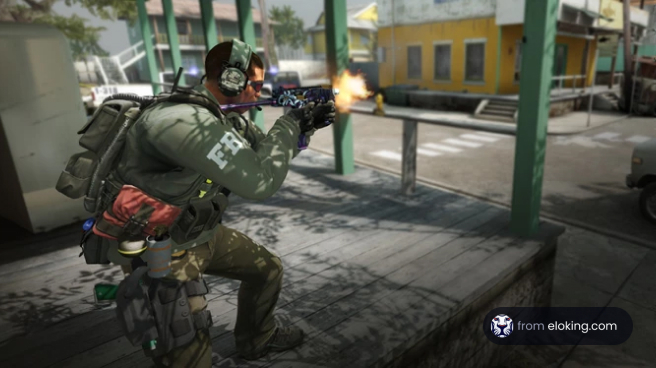Boat Drops: Your Portal to Aquatic Adventures
Explore the world of boating with tips, news, and insights.
Griefing Penalties in CS2: What Happens When Players Push Their Luck?
Discover the shocking consequences of griefing in CS2! Find out what happens when players cross the line and test their luck.
Understanding Griefing Penalties in CS2: A Comprehensive Guide
In the world of Counter-Strike 2 (CS2), understanding the rules and regulations that govern player behavior is essential for a fair and enjoyable gaming experience. One significant aspect of this is the system of griefing penalties, which aims to regulate conduct that negatively impacts others. Griefing can take various forms, including team-killing, intentional sabotage, and disruptive actions that hinder gameplay. CS2 has implemented a strict set of guidelines to identify and penalize players who engage in such behavior. Players found guilty of griefing face consequences ranging from temporary suspensions to permanent bans, depending on the severity and frequency of their actions.
To fully grasp the ramifications of griefing penalties, it's crucial to recognize the reporting system in place. Players can report instances of griefing through the in-game menu, and these reports are reviewed by the game's Trust Factor system. Here are some key points to remember regarding griefing penalties:
- Severity of Offense: The more severe the offense, the harsher the penalty. Repeated violations can lead to escalated consequences.
- Community Feedback: The overall player feedback plays a vital role in determining whether a player is genuinely griefing.
- Educative Measures: In some cases, CS2 offers warnings or temporary bans instead of permanent ones, allowing players a chance to reform.
Understanding these elements will help players navigate the complexities of integrity and respect within the game, ultimately enhancing the CS2 community.

Counter-Strike has long been a popular tactical first-person shooter, gaining a massive following since its initial release. With the introduction of new features and content updates, players are now evolving their gameplay strategies and seeking unique items. One such item is the CS2 Stash Box, which offers exciting opportunities for gamers to enhance their experience.
What Constitutes Griefing in Counter-Strike 2?
Griefing in Counter-Strike 2 refers to actions taken by players that intentionally disrupt the game experience for others. This can manifest in various forms, such as team killing, obstructing teammates, or via non-cooperative gameplay strategies. Understanding what constitutes griefing is crucial, as it not only affects individual players' enjoyment but can also lead to penalties for those who engage in such behavior. Players often encounter situations where a teammate might decide to sabotage the team's efforts either for amusement or out of frustration, which can create a toxic environment within the game.
Common examples of griefing include:
- Team Killing: Players shooting or otherwise harming their own teammates.
- Blocking: Physically preventing teammates from moving or achieving objectives.
- Strategic Sabotage: Deliberately failing to act in a way that helps the team win, such as not planting or defusing bombs.
How to Avoid Griefing Penalties and Keep Your Game Fair
To avoid griefing penalties and ensure a fair gaming environment, players should familiarize themselves with the rules and regulations of their chosen game. Most online games have specific guidelines in place regarding acceptable behavior. By actively reading and understanding these rules, players can steer clear of actions that might be deemed as griefing. Additionally, players should consistently monitor their own behavior, making sure to foster a positive atmosphere that promotes teamwork and sportsmanship.
Another effective strategy involves reporting griefing behavior rather than retaliating. If you encounter a player engaging in disruptive actions, utilize the game's reporting system to alert moderators or administrators. This proactive approach not only protects your gaming experience but also contributes to the overall fairness of the game. Remember, maintaining a respectful attitude towards other players and practicing good sportsmanship is key to creating a rewarding environment for everyone.